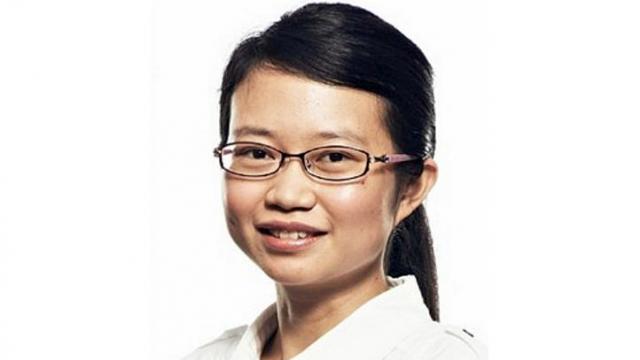Singaporean scholar expelled from Stanford for poisoning students

Ouyang Xiangyu, an A*Star scholarship holder, has been kicked out of Stanford University after being charged with four counts of poisoning her lab mates. — PHOTO: ASTAR WEBSITE
Singaporean A*Star scholarship holder Ouyang Xiangyu, 26, has been kicked out of Stanford University after being charged with four counts of poisoning her laboratory mates.
The school told The Straits Times she is “no longer a student” there, after it initially banned her from its California campus last November.
This puts an end to her time at the top United States university, which she once called “a paradise,” according to a lab mate who spoke to the police.
Ouyang, who is now out on bail, had been a full-time member of the Nusse Laboratory at the department of developmental biology at Stanford University since June last year.
The Agency for Science, Technology and Research (A*Star) said it has been in contact with Ouyang’s family, and that the family had not asked for assistance from it. “We will decide on the appropriate course of action after the court proceedings have concluded,” it said in an e-mail.
Article continues after this advertisementOuyang allegedly started sabotaging lab mate Youngsoo Rim’s experiments around mid-August last year. Video footage showed Ouyang in the area of the lab at the times and dates when the sabotage allegedly occurred.
Article continues after this advertisementBetween September and November last year, two other lab members, Xing Liujing and Zhao Ludan, reported that their water bottles had been tainted with paraformaldehyde (PFA), which caused a burning sensation in their throats. The students complained to the university staff, who then called the police.
When questioned by the police in November, Ouyang said she had been experiencing severe insomnia and dizziness since last September and admitted to putting PFA in two water bottles belonging to others in her lab.
She added that she was “not aware of what she was doing.”
Ouyang is expected to plead not guilty due to insanity.
Attempts to contact her US lawyer, Jeffrey Hayden, for comment were not successful.
Her hallmates said they had little interaction with her.
Ouyang’s hall at Quillen Court was a 12-storey building on campus that organized a dozen events for residents each quarter, but hallmates said they never saw her at these activities.
A fellow Singaporean doctorate student, who declined to be named, said she met Ouyang a couple of times but only briefly.
“She always seemed like a quiet, gentle and pleasant girl who seemed to want to make friends. I liked her,” she said.
Rim told the police that Ouyang was “very excited about joining the lab at the end of her rotation in June.”
But Ouyang started to become more distant in the weeks leading to her arrest on November 16.
Those who spoke to The Straits Times said she was considering a change in adviser around September and was also struggling with a coding course.
She “seemed a bit aloof,” said Rim. “She would work at her desk with her headphones on and it was sometimes difficult to grab her attention.”